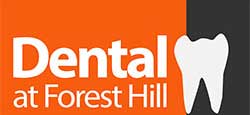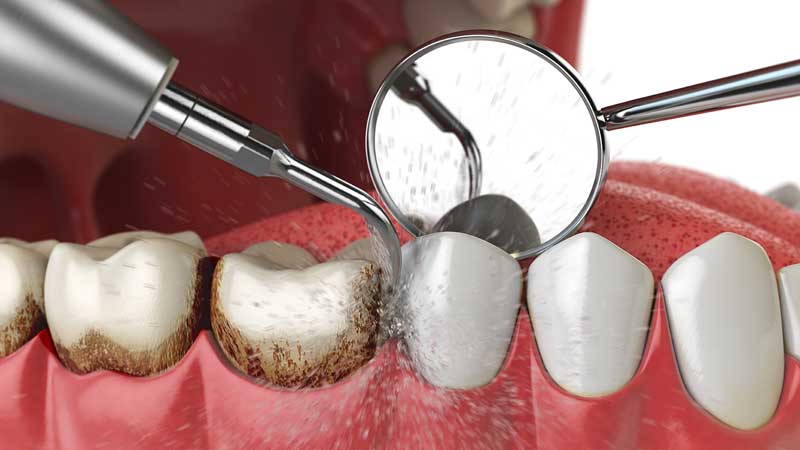Black tartar on teeth can be a concerning issue, both aesthetically and for your oral health. Tartar, also known as calculus, is a hardened plaque that forms on your teeth when plaque buildup isn’t adequately removed. While tartar is typically yellow or brown in colour, black tartar can indicate more severe issues.
Concerned about black tartar on your teeth? It's not just about looks – it can impact oral health too. Tartar, or calculus, forms from plaque buildup and can signal serious issues. Don't ignore it; consult your dentist for advice.
Introduction to Black Tartar on Teeth
Black tartar is a hardened deposit that forms on the teeth due to the mineralization of plaque. Plaque is a sticky film of bacteria that accumulates on teeth, primarily from food particles and bacteria in the mouth. When plaque isn’t removed through proper oral hygiene practices, it can harden into tartar, which can vary in colour and texture. Black tartar typically indicates the presence of other substances, such as tobacco or certain medications, that contribute to its dark appearance.
Signs and Symptoms
The most apparent sign of black tartar is its visual appearance on the teeth. It often presents as dark spots or stains that are difficult to remove with regular brushing. In addition to its appearance, black tartar may cause bad breath and gum irritation. If left untreated, it can lead to more severe oral health issues, including gum disease and tooth decay.
Health Risks
Black tartar not only affects the appearance of your teeth but also poses risks to your oral health. The dark coloration indicates the presence of harmful substances that can contribute to tooth decay and gum disease. Additionally, the rough texture of tartar provides an ideal environment for bacteria to thrive, leading to further oral health complications if not addressed promptly.
Preventive Measures
The best way to deal with black tartar is to prevent its formation in the first place. This can be achieved through proper oral hygiene practices, including brushing your teeth at least twice a day and flossing regularly. Using an antiseptic mouthwash can also help kill bacteria and reduce plaque buildup. Furthermore, scheduling regular dental check-ups and cleanings can remove tartar that may have formed and prevent it from worsening.
Home Remedies
While professional dental care is essential for treating black tartar, there are some home remedies that may help alleviate its appearance. These include using baking soda or hydrogen peroxide as a natural toothpaste to help break down tartar and whiten teeth. However, it’s essential to use these remedies cautiously and consult with a dentist before attempting them to avoid causing damage to your teeth or gums.
Professional Treatment Options
If you have significant black tartar buildup, seeking professional dental treatment is crucial. A dentist or dental hygienist can perform a thorough cleaning to remove tartar from your teeth safely. This may involve scaling, which is the process of scraping tartar from the tooth’s surface, followed by polishing to smooth the tooth’s surface and remove surface stains.
Maintaining Oral Health
Once black tartar has been removed, it’s essential to maintain good oral hygiene practices to prevent its recurrence. This includes brushing and flossing regularly, using fluoride toothpaste, and avoiding tobacco products, which can contribute to tartar buildup. Additionally, making dietary changes, such as reducing sugar intake and consuming more fruits and vegetables, can help promote overall oral health.
Dietary Recommendations
Your diet plays a significant role in your oral health, so making smart food choices can help prevent black tartar formation. Foods rich in calcium, such as dairy products and leafy greens, can help strengthen teeth and prevent decay. Crunchy fruits and vegetables, like apples and carrots, can also help clean teeth and stimulate saliva production, which helps neutralize acids in the mouth. Conversely, sugary and acidic foods and drinks should be consumed in moderation to reduce the risk of tartar buildup.
Seek Professional Dental Care
Dealing with black tartar on teeth can be challenging, but with the right approach, it’s possible to address the issue effectively. By maintaining good oral hygiene practices, seeking professional dental care when needed, and making dietary and lifestyle changes, you can prevent black tartar formation and promote long-term oral health.
FAQs
A: Black tartar is essentially the same as regular tartar but may contain additional substances that contribute to its dark coloration.
A: While some home remedies may help reduce the appearance of black tartar, it’s best to seek professional dental treatment for safe and effective removal.
A: Black tartar can be a sign of inadequate oral hygiene, but other factors such as tobacco use or certain medications may also contribute to its formation.
It’s generally recommended to visit the dentist for a check-up and cleaning every six months to help prevent tartar buildup and other oral health issues.
A: Practicing good oral hygiene, including brushing and flossing regularly, and making dietary changes to reduce sugar intake can help prevent black tartar formation naturally.


